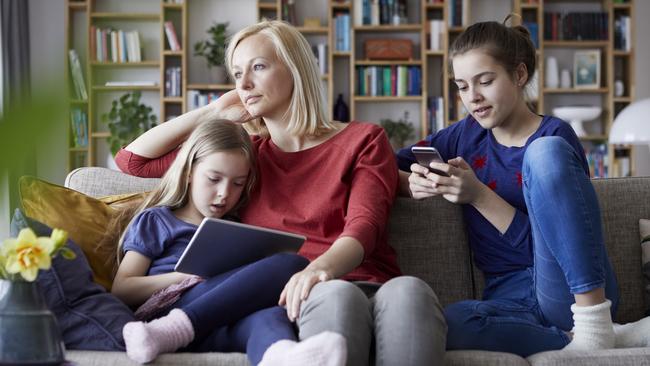
I have to admit that although I have nine children, now grown, and seven grandchildren, all products of the digital smartphone age, I was shocked by the disconnect between these three.
We hear a lot about social media ruining kids, with anxiety about their self-esteem and mental health, and even their physical health. However, how much of this is a reaction of 40-something parents, themselves addicted to smartphone use? Having got over the initial baby phase when they used whatever they could get their hands on to pacify their children who are now in the tweens and teenage period, perhaps they have suddenly discovered that by giving them an iPhone at age 11 to pacify their new demands they have made an invisible rod for their own backs. And what do they think the solution is? Naturally, the government should do something.
Well, that is not the solution. What many parents cannot acknowledge, as in the scenario above, is that this smartphone crisis is not just about social media, it is about a fixation on screens that begins at a young age. It is changing their children’s brains, as Jonathan Haidt rightly has said.
One primary teacher who teaches infants and primary has told me children will come into the classroom for the first time, pick up a book and try to swipe left or right to open it.
To blame social media down the track for children at age 12 or 14 having no attention span, who read badly and whose minds are full of influencers, is to shut the gate after the horse has bolted.
Teachers are not to blame for the educational result of this epidemic. Indeed, some schools wisely have decided to ban smartphones and tablets, and more kids are getting “dumb” phones and watches, but schools can do only so much if the problem is at home. Demanding the government be involved in policing social media is a preposterous idea because even if the government could rein in social media it cannot fix the ills that assail modern families and modern parenting because that is what this so-called smartphone crisis is.
This is just another symptom of the malaise that is crumbling modern family life. It is about the complete lack of understanding about who you are as a parent and what you have to do. What many parents cannot acknowledge is that this is about a disconnect between themselves and their children, and an erosion of parental creativity as well as authority that starts at the beginning.
Yet the idea persists that it must be something like the government’s responsibility, or someone else’s fault to carry blame. So, we get radio hosts in a recent interview with the Prime Minister complaining after detailing how worried parents are that they cannot do anything about it “because no one’s helping us”.
Oh really? The government does not help you bring up your children. Of course, the government has e-safety laws that are about truly damaging online content such as pornography, and laws that enable the federal police to track the dark web with the horrible sinister content that exploits the young. But that is a far cry from banning TikTok. And what is more, some people have ignored the sinister overtones of an attempt by government to interfere in what is really a family matter.
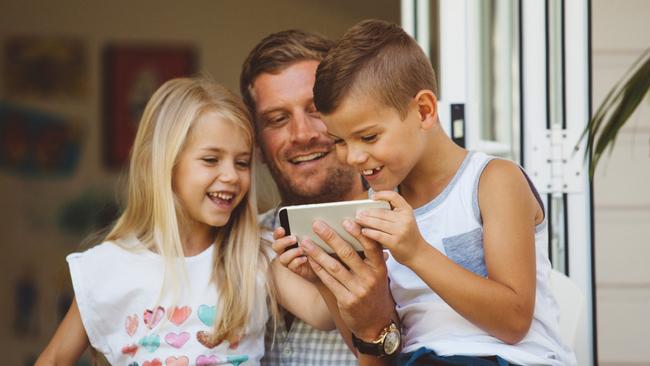
Consequently, the negative side of the government becoming involved in personal social media has not been explored enough in Australia.
In the US, getting the government involved in anything is always treated rightly with a big element of scepticism. Unlike in this country and Britain, which also finds itself in the middle of a moral panic and demanding government interference, conservative Americans have acknowledged for some time that problems with children and social media are fundamentally family problems. The government should butt out.
Gallup principal economist and Brookings Institution senior fellow Jonathan Rothwell, in a policy brief for the American Institute for Family Studies, acknowledges that parental approaches that combine care with discipline and structure, particularly in intact families, are likeliest to yield positive results for adolescent mental health. It is a no-brainer. It is the parent-child relationship that is the most crucial element in this because it is parents who have such relationships who are likelier to regulate online use.
So, this panic about social media is not really about social media. It is about the erosion of parental authority and the idea of what being a parent is. Parents have been subject to more than two generations of advice about how to be a good parent and the consequence has been an erosion of their own instincts, especially after generations of soft-brained psychology that discouraged authority, discipline and the hierarchical (and yes, the patriarchal family) in favour of some “liberal” nirvana where everyone has equal say.
This has resulted in parents too afraid of their children to exercise normal authority against the wishes of, say, a petulant 10-year-old who just wants a smartphone.


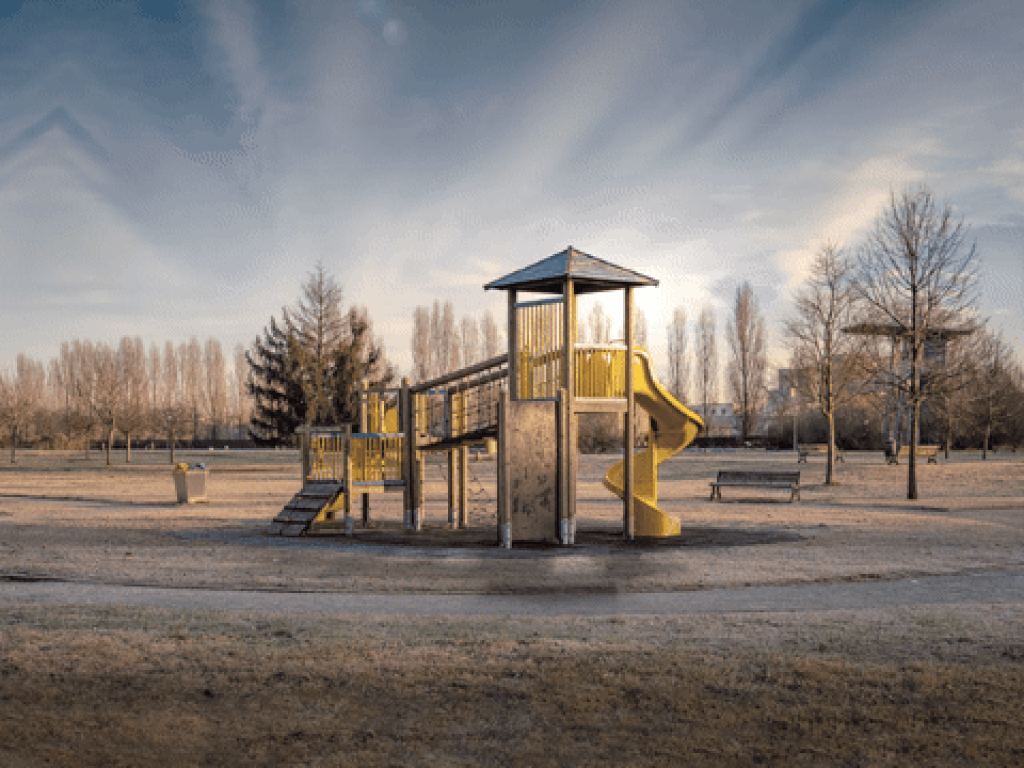
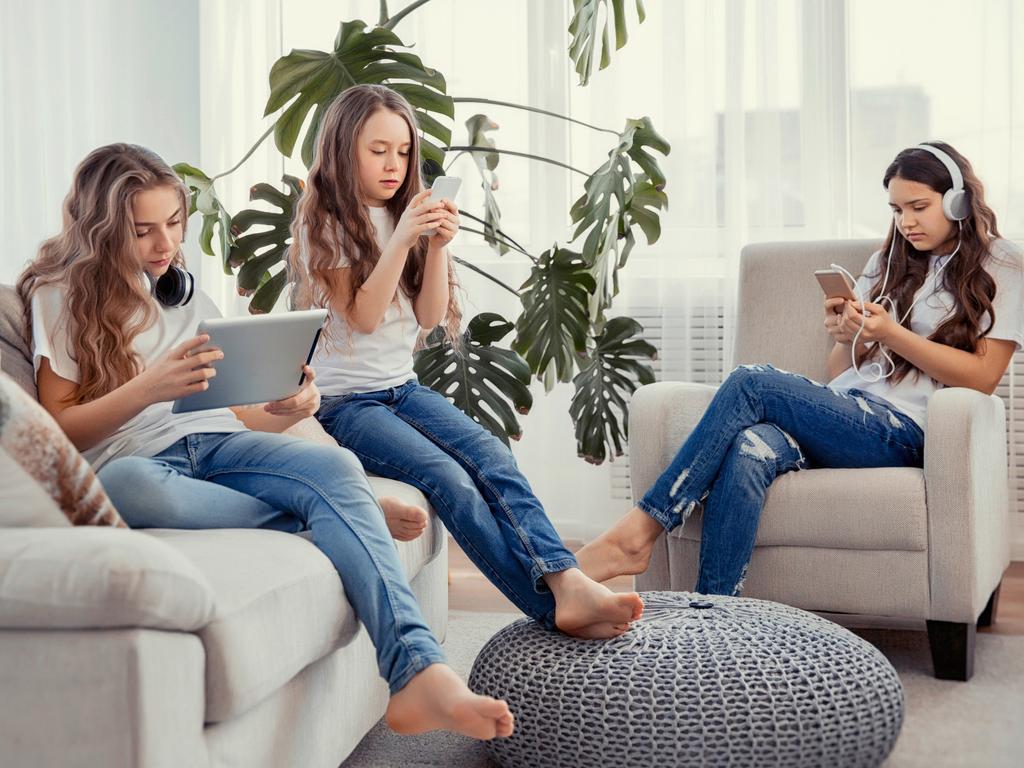

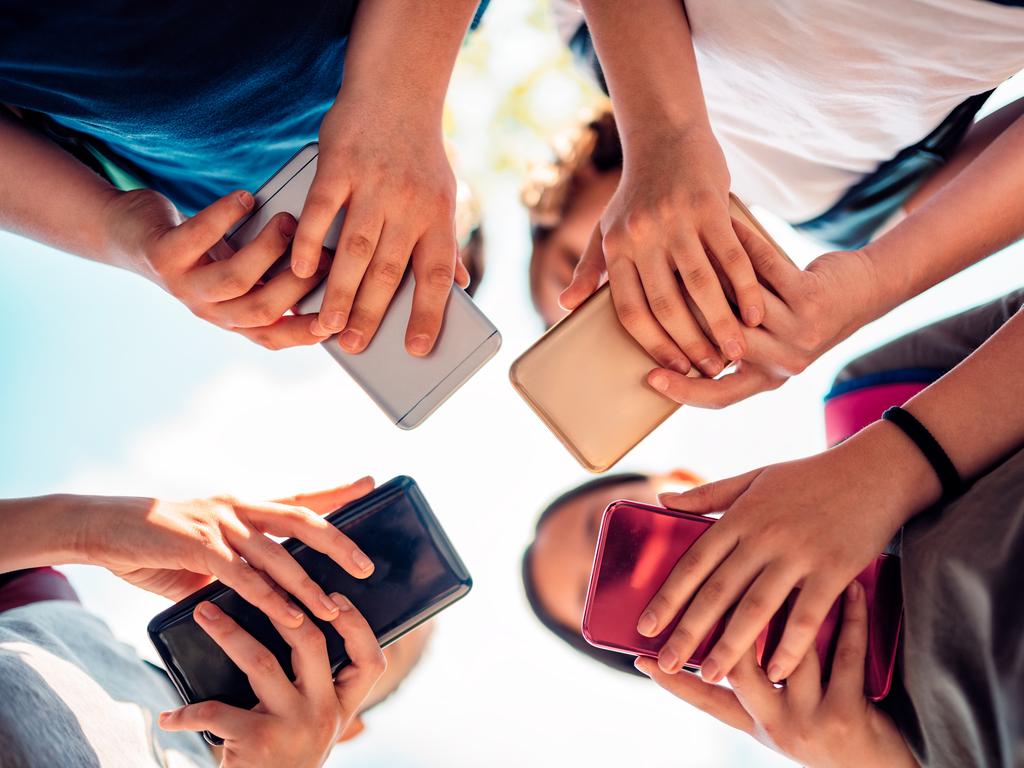

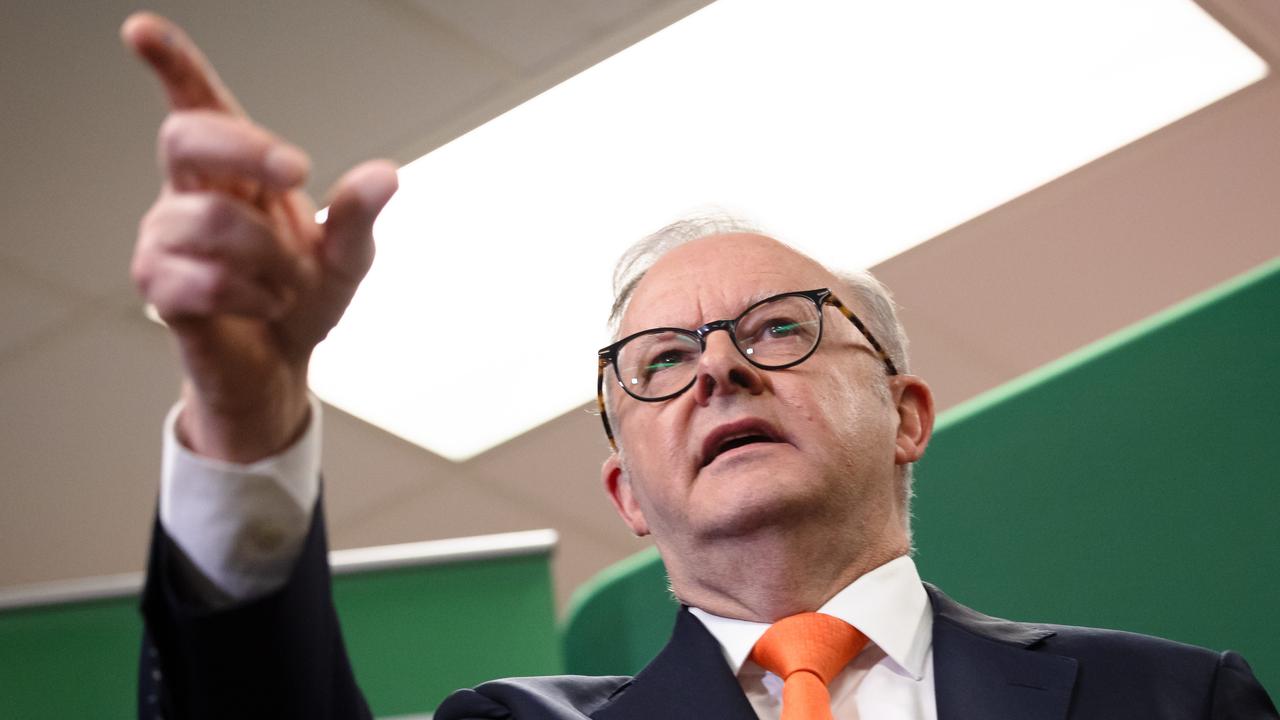
Picture this. A young family at breakfast in a smart hotel: father, mother and a toddler in a high chair. Dad is working on his phone. Mum is scrolling through her phone between poking cereal into the toddler’s mouth, but baby’s attention is fixed by the images on yet another phone. This is not a fanciful scenario. I saw this at a resort hotel on the NSW south coast.